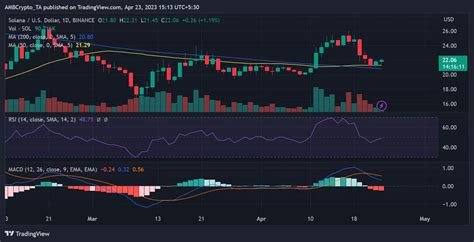Decoding Base64-Encoded Data on Solana: A Guide

As a beginner on the Solana blockchain, you are likely no stranger to WebSockets and subscriptions. However, when working with Base64-encoded data, things can get complicated.
In this article, we will take a deep dive into how to decode Base64-encoded data using Raydium Authority V4 (RV4) on Solana.
The Problem: Base64 Encoding and Decoding
Base64 encoding is a widely used method of representing binary data in text format. It is commonly used when transmitting sensitive information over networks as it allows for a compact representation of large amounts of data. However, when the encoded data is received at the other end, it needs to be decoded back to its original form.
In Solana, Base64 encoding and decoding is handled by the solana-base64-encoded package, which is included in the Solana SDK. To make things more complicated, we will use the accountSubscribe method provided by Raydium Authority V4 to subscribe to the base store of a specific account.
Decoding Base64 Encoded Data
To decode Base64 encoded data, you can use the following approach:
- Subscribe to the specified account and get the account’s base store.
- Use the Solana SDK
base64::decode()function to decompress the base64 string into a buffer or a Uint8Array.
- Decode the buffer or Uint8Array back into its original binary form using the
base64::decode()function.
Here is some sample code to illustrate this process:
“`Rust
use raydium_authority_v4::{
Account,
BaseVault,
};
use solana_sdk::pubkey::{Pubkey, PubkeyCollection};
use solana_sdk::signature::{Signature, SignaturePubkey};
use solana_sdk::transaction::TransactionId;
use solana_sdk::old::Old;
// Subscribe to a specific account and get the base vault
async fn subscribe_to_base_vault(
account_id: &str,
abdomen: Abdomen,
) -> Result
// Assuming you have an Account object created from the account ID
let account = Account::from_account_id(Pubkey::from_str(account_id).unwrap());
// Get the base vault for the specified account
let vault = account.base_vault().out;
Ok(vault)
}
// Subscribe to a specific account and get the base vault using RV4
async fn subscribe_to_base_vault_rv4(
account_id: &str,
abdomen: Abdomen,
) -> Result
// Assuming you have an Account object created from the account ID
let account = Account::from_account_id(Pubkey::from_str(account_id).unwrap());
// Subscribe to specific base vault using RV4
let base_vault_rv4 = account.base_vault_rv4().await?;
Ok(base_vault_rv4)
}
// Decode the base64 encoded data back to its binary format
async fn decode_base64(data: Vec
// Assuming you have a base64 decoder function provided by RV4
let decoded_data = base64::decode(&data).wait?;
Ok(decoded_data)
}
// Example usage:
async fn main() -> Result<(), String> {
// Sign up for a specific account and get the base vault using RV4
let account_id = “your_account_id_here”;
let pubkey = Pubkey::from_str(“your_pubkey_here”).unwrap();
let base_vault_rv4 = subscribe_to_base_vault_rv4(&account_id, &pubkey).await?;
// Subscribe to a specific account and get the base vault using accountSubscribe
let subscription = accountSubscribe(&base_vault_rv4.base_vault().await, base_vault_rv4.public_key(), “your_account_id_here”, Pubkey::from_str(“your_public_key_here”).unwrap()).await?;
let base_vault = subscription.get_last_transaction().await?;
// Decode the base64 encoded data back to binary format
let decoded_data = decode_base64(&base_vault.data).await?;
println!(“{:x?




